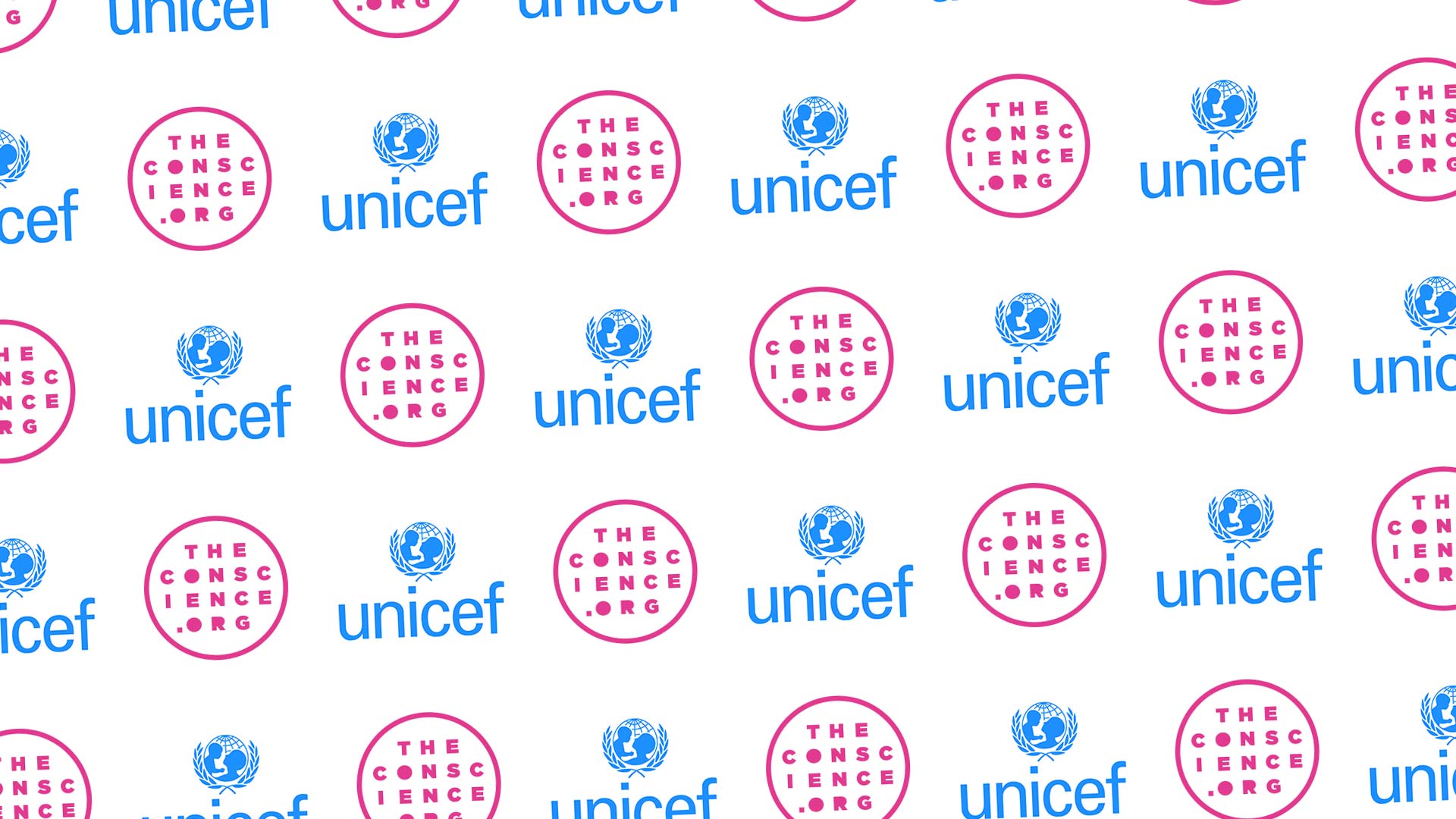The Conscience Organisation will be working with United Nations’ agency ‘End Violence Against Children’ (EVAC) on ‘Safe2Learn’ – a global program to eradicate all forms of violence in schools by 2024.
The Conscience Organisation is partnering with UNICEF, Junior Chamber International (JCI), and Global Citizen at an organised youth workshop in Johannesburg, South Africa this November.
The open collaborative space will bring together over 100 children from various backgrounds with the goal to create a global manifesto for all children to have a safe learning environment.
“We are humbled to be working on this important global issue, partnering with the most respected humanitarian organisations in the world.
Bullying, violence and sexual gratification for grades is a systemic problem around the world. The emotional toll not only affects a child’s ability to learn, it destroys their lives. The economic cost is close to $4 trillion, which is roughly 4.5% of the global GDP.”
Clive Burcham (CEO and Founder, The Conscience Organisation)
The Safe2Learn program will be presented to education leaders around the globe at the World Education Forum in London in January 2019. The forum will be attended by education ministers, senior executives from civil society and private sector actors.
Amongst those present will be: Julia Gillard, Former Prime Minister of Australia, now Chair of the Board of Directors of the Global Partnership for Education; Dr. Nouria Benghabrit-Remaoun, Minister of Education from Algeria; Dr Blaženka Divjak, Minister of Science and Education from Croatia; and Betsy Devos, Secretary of Education from the USA.
Tackling global issues such as bullying, sexual harassment and corporal punishments, Safe2Learn was created after research revealed that an alarming number of students are experiencing violence in schools in both developed and developing countries.
Other than psychological, behavioral and physical consequences, violence against children has financial repercussions affecting countries’ GDPs. The Copenhagen Consensus put a figure on the global direct and indirect costs, from a sample of studies by countries that calculated the costs of all forms of violence.
Direct costs include:
Health care to treat long and short term physical impacts of injuries.- Treating psychological and behavioural problems among adults that arise from the experience of violence in childhood.
- Social welfare systems for monitoring, preventing, protecting and responding to violence against children.
- Criminal justice costs in ensuring that perpetrators of violence against children are
punished, and real or potential victims are protected.
These are in addition to the indirect cost of productivity losses arising from the way violence can impede child development.
Based on direct and indirect costs, research has found that the global cost of violence against children was estimated at US$3.7 trillion, or 4.3% of global GDP.
The Safe2Learn campaign is set to roll out over the next five years in over 170 countries with the aim to implement change at a
